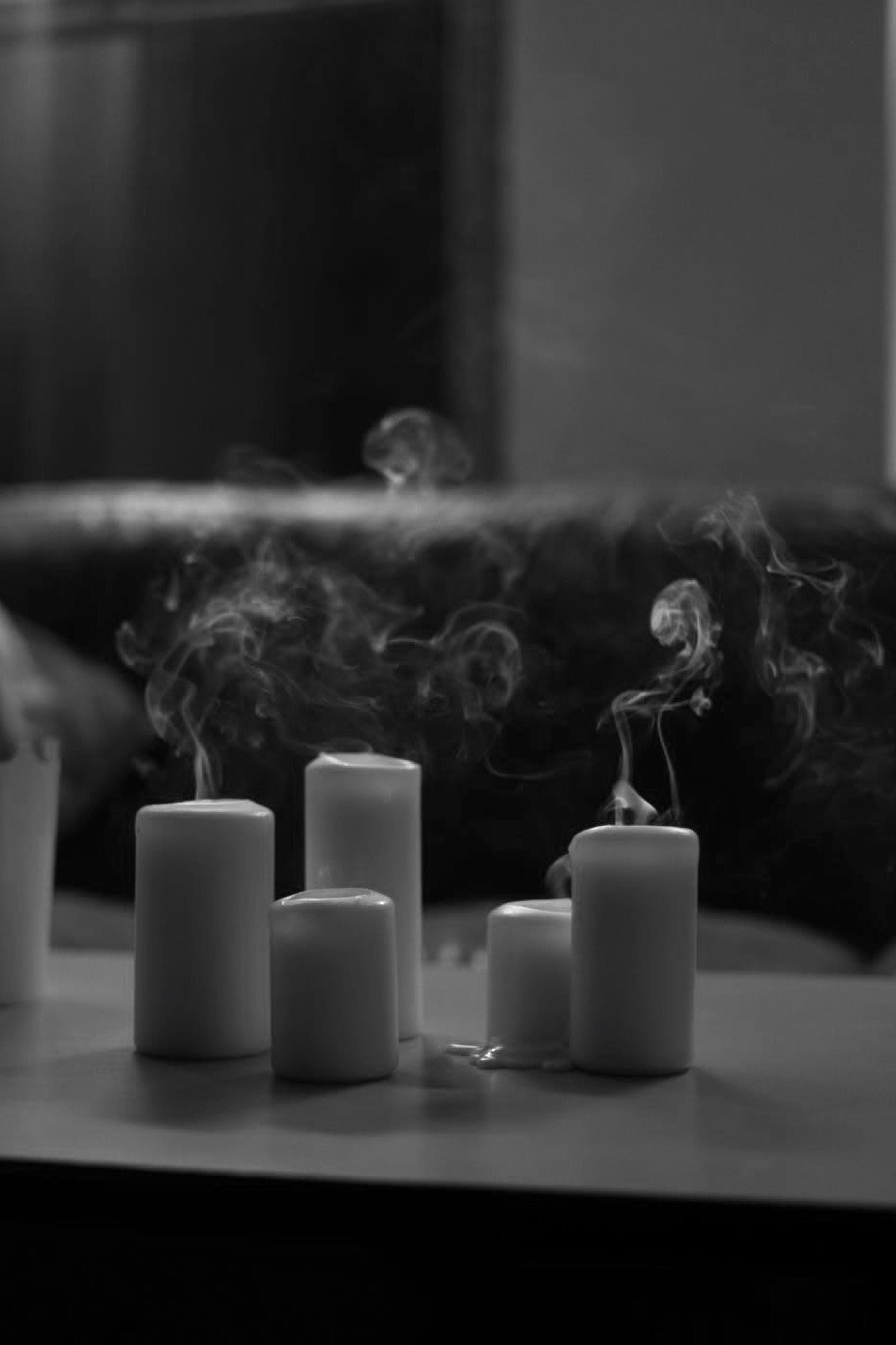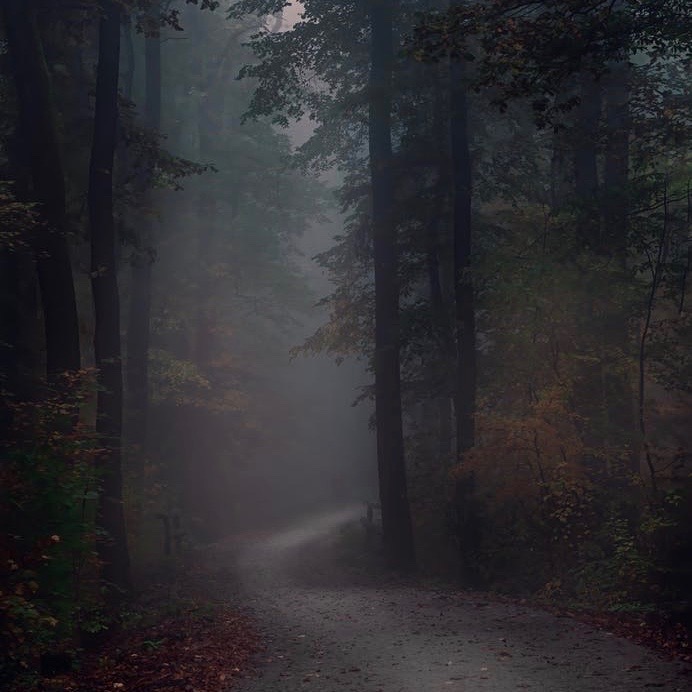Seeing Persephone’s Face
Seeing Persephone’s Face
By Kathryn Solie
Most of us don’t begin to contemplate death until it’s right in front of us. When death does seep into our minds, it may show up as a distant thought laced with fear, avoidance, and apprehension; mentally relegated to a theoretical possibility requiring minimal to no contemplation.
Yet the truth is that death will one day greet us all, and there’s no guarantee it won’t be today.
An unfortunate side effect of our current cultural climate is that so many will view the previous sentiment as a depressing nod to the “inherent meaninglessness” of biological life. As if one of the most shared and profound of human experiences, death, is a morose concept and accursed truth. Perhaps many of our society’s ills have their roots in our inability to acknowledge the feelings of grief and dread which rise with the thought of our own impermanence.
Not all cultures, historically and today, feel this way about death. Likewise not all who accept death are merely hiding in culturally inherited fantasies about an afterlife; some are given the means to look beyond the material world and decide for themselves.
The Eleusinian Mysteries were an Ancient Greek rite tied to the story of Persephone and Demeter. These Mysteries were so well guarded that we have very little understanding of what happened there. What we do know, is that the mysteries were performed every year (except one) for at least 1,992 years, before being outlawed by the Roman emperor Theodosius as part of the campaign against “pagans”.
It is theorized participants drank of a sacrament derived, in part, from grain grown ergot that can elicit effects similar to LSD.
It was said that those who experienced the rites at Eleusis no longer feared death. Sophocles said, “Thrice happy are those of mortals, who having seen those rites depart for Hades; for to them alone is granted to have a true life there. For the rest, all there is evil.”
I can’t help but wonder what it would be like to live in a time where the likes of Plato, Socrates, Heracles, and Marcus Aurelius would partake in these rituals alongside a wide range of people, regardless of class or gender. What would it be like to live in a society where a sizable portion of the population shared a spiritual experience that had the potential of bringing them to the realization that death was no longer a fate to fear? Of course, the Greeks were not perfect and their failings were plenty, but their openness to exploring the mysteries of life and death was surely amongst their greatest virtues.
Now more than ever our culture is in need of a new, rationally apprehended paradigm shift around death, for if we do not we are doomed to fear based survival behaviors, preached to us by the corporately influenced arbitrators of material reductionist “science”.
But even those of us who have yet to see Persephone’s proverbial face, can begin to change our relationship with death. We need only open to the mystery.
Further Resources:
The Road to Eleusis by R. Gordon Wasson, Albert Hofman, and Carl A.P. Ruck
The Immortality Key by Brian C. Muraresku
Being with Dying by Joan Halifax
The American Book of the Dead by E.J. Gold
Awakening Osiris by Normandi Ellis
Learn more about Kathryn at https://www.kathrynsolie.com or IG @persephonespath


